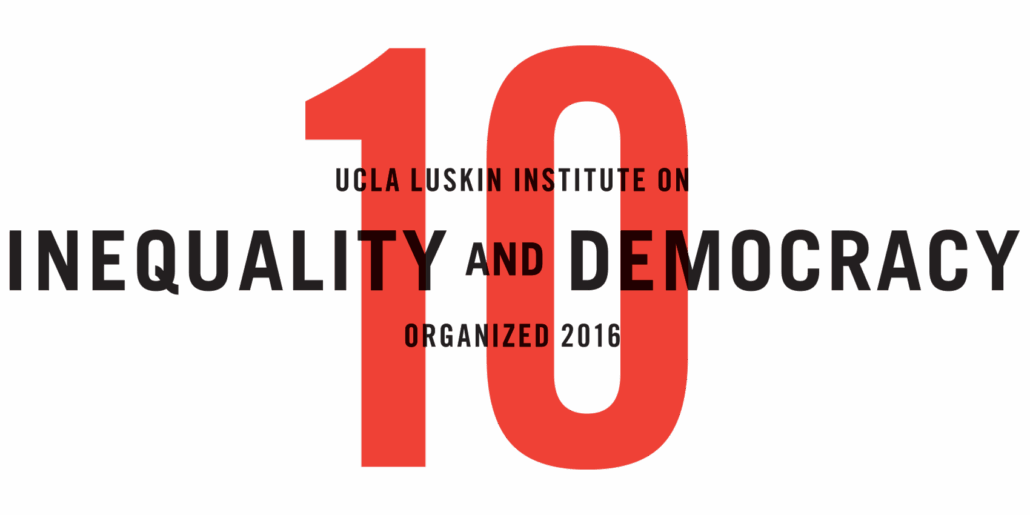
Star cluster image courtesy of NASA Goddard Space Flight Center.
Thinking Gender, Imagining Reparations
27th Annual Thinking Gender Graduate Student Research Conference
This year’s conference theme, Imagining Reparations, engages contemporary social, scholarly, and literary movements that push to reimagine and retheorize what freedom, justice, health, and care can look like. Historically, reparations have taken financial form with governments recognizing victims of perceived injustice by awarding them money. Such practices have depended on and have defined the law and dominant ideas of justice within states and empires. By contrast, marginalized groups today are reframing reparations as capable of addressing historical and ongoing abuses, evident in law itself and manifest in biological, environmental, educational, technological, institutionalized, political, and diplomatic violence. The daring to imagine new forms of reparative justice emerges from raced, gendered, and sexualized subjectivities, which inform movements that devastate the binary between theory and practice in their struggle to be whole. A broad and intersectional investment in reparations challenges the assigning of rights and privileges in the past, and it is an important tool in recasting the structures that impact our daily lives.
Thinking Gender 2017, Imagining Reparations, takes a cue from movements that conceive of violence and reparative justice intersectionally with consequences that shape and are shaped by gender, sexuality, race, class, ability, etc. We invite presentations of work from across disciplines that embodies this intersectional ethos and, in particular, envision reparations through the lens of gender and sexuality. Conference sessions will include ample time for discussion of work, emphasizing dialogue discussion, writing as important modes of conference participation, and exploring their potential as feminist, decolonial tools for learning and action. Imagining Reparations aims to create cohesion among a broad range of disciplinary engagements, theoretical stances, and practical applications by providing space for thinking together about the role of the academy in theorizing tools for collective liberation from gendered and racialized violence.


